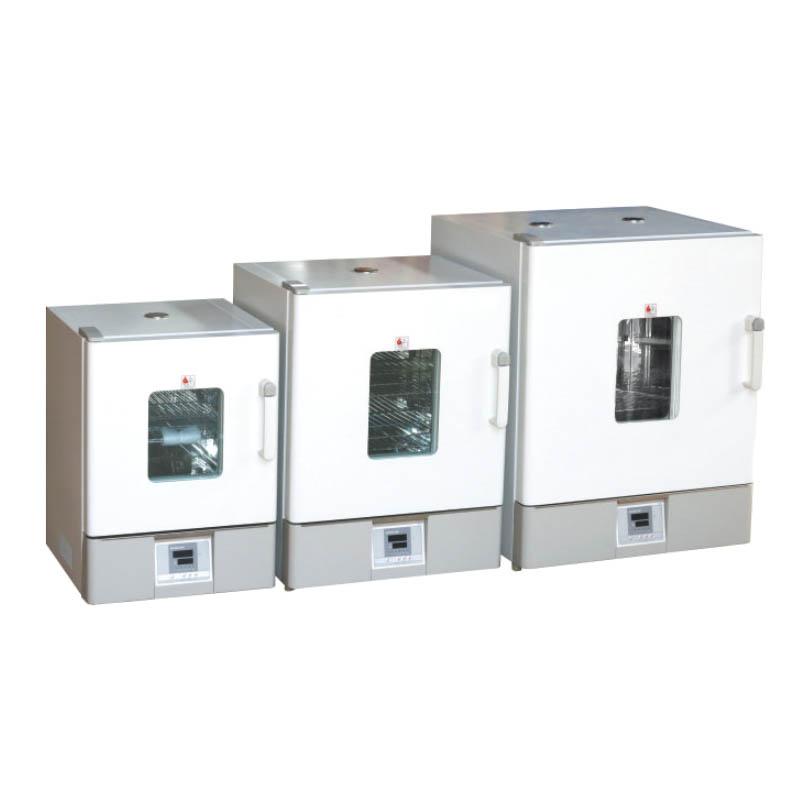Evaluate the heat resistance of the coating
The coatings industry is constantly evolving to adapt to a variety of special environments and application needs. Among them, heat resistance is a key indicator in coating technology, which measures the resistance of coatings under high temperature conditions. Because many coating products are widely used in places with higher temperatures, such as automotive engine compartments, industrial equipment and building structures, the heat resistance of the coating becomes particularly important.
The importance of heat resistance
One of the main roles of the film is to provide protection. They protect the underlying material from the external environment, including high temperatures. If the coating can not maintain its performance under high temperature conditions, there will be a series of problems, such as bubbles, discoloration, cracking, falling off and other phenomena. This not only damages the appearance, but also reduces the functionality of the film. For example, a coating used in a car’s engine bay must be able to withstand high temperatures and the heat emitted by the engine to protect the vehicle’s components from damage.
Evaluate the heat resistance of the coating
Test the heat resistance of the coating
To evaluate the heat resistance of the coating, a device called a blast oven or high temperature oven is usually used. These devices are able to provide high temperature environments and simulate the high temperatures that may be encountered in real-world applications. The method of testing is usually carried out according to the temperature and time specified in the standard, which can vary according to the specific application field.

According to GB/T 1735-2009 “Determination of heat resistance of paints and varnishes”, the test process includes the following steps:
Before the experiment begins, three paint templates need to be prepared, which represent the coating in the actual application.
Place the prepared paint template in a blast oven or high temperature oven adjusted to the temperature specified in the product standard.
The template needs to be kept in a high temperature environment for a certain amount of time to simulate the actual conditions of use.
Evaluate the heat resistance of the coating
After the specified time, remove the template and allow it to cool to room temperature.
Compare with the sample left in advance without high temperature treatment to check whether the coating film has the phenomenon of coating, wrinkling, bubbling, cracking, discoloration, etc.
According to the state of the film, the test results are expressed as qualified and unqualified.
This testing process accurately assesses the performance of the film at high temperatures to determine whether it meets the requirements of a particular application.
Evaluate the heat resistance of the coating
Application field
Heat resistance has a wide impact on the application of coatings. Here are some examples of the main areas:
Automobile industry
The coating in the engine compartment of a car must have excellent heat resistance to withstand the high temperatures and chemicals produced by the engine. This helps to protect the appearance and performance of the vehicle.
Industrial equipment
Industrial equipment usually operates in high temperature environments, so the coating must be able to resist high temperatures and chemical corrosion to ensure the long-term stability of the equipment.
Building structure
Some building structures need to be used in high temperature environments, such as chimneys and high temperature pipes. A coating with good heat resistance can provide additional protection and extend the life of the structure.
Evaluate the heat resistance of the coating
The heat resistance of coating film is a crucial technical index in coating technology. The performance of the film at high temperatures can be accurately assessed by using a blast oven or a high temperature furnace for testing. In a variety of applications, the heat resistance of the coating plays a key role in protecting the underlying material from high temperature environments, thereby increasing the reliability and durability of the product. Therefore, both coating manufacturers and users should pay close attention to the heat resistance of the coating film and ensure that it meets the requirements of the specific application. Only in this way can the film perform well in high temperature environments and play its better protection function.
